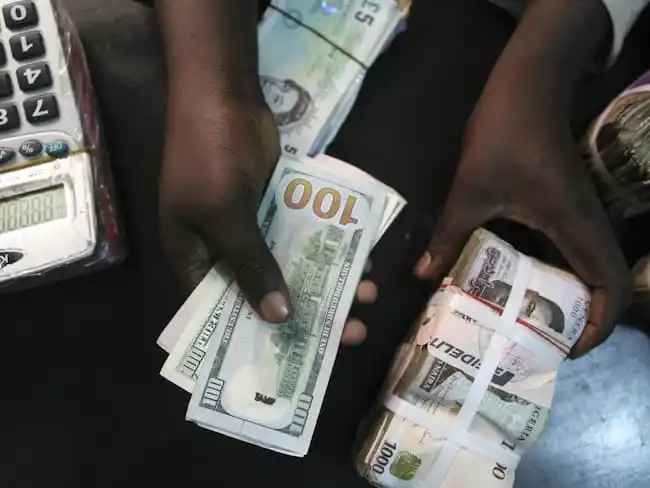According to Nigeria’s finance minister Wale Edun, the country anticipates a $10 billion FX influx in the coming weeks to provide liquidity in a foreign exchange market that has stifled the expansion of Africa’s largest economy.
The largest economy in Africa in terms of GDP is experiencing persistent dollar shortages as a result of foreign investors pulling out of local assets during a time of low oil prices. Since that time, investors have not yet returned, and the central bank has not yet satisfied unresolved requests for dollars from foreign investors looking to repatriate money or airlines looking to transmit money from overseas ticket sales.
Due to the shortages, several companies and people have gone to the black market, where the naira has fallen to record lows repeatedly, increasing the difference between the official rate. According to Edun, President Bola Tinubu signed two executive directives on Thursday allowing the domestic issue of foreign currency instruments as well as the transfer of all funds outside the banking system into banks.
“There is a line of sight on $10 billion worth of inflow of foreign exchange in a relatively near future, in weeks rather than months,” Edun told a business conference. He added that liquidity would also come from state oil firm crude sales and foreign investment firms willing to invest in Nigeria.
“These measures taken as a whole and comprehensively should lead to the flow of foreign exchange.” On Monday, the naira hit a record low of 1,200 per dollar on the black market, two days after it fell to a new low of almost 1,000 naira on the official market.
Tinubu told the conference that all forward contracts entered into by the government would be honoured while the country’s central bank governor said the currency would adjust once rules for market participants were made clear.













